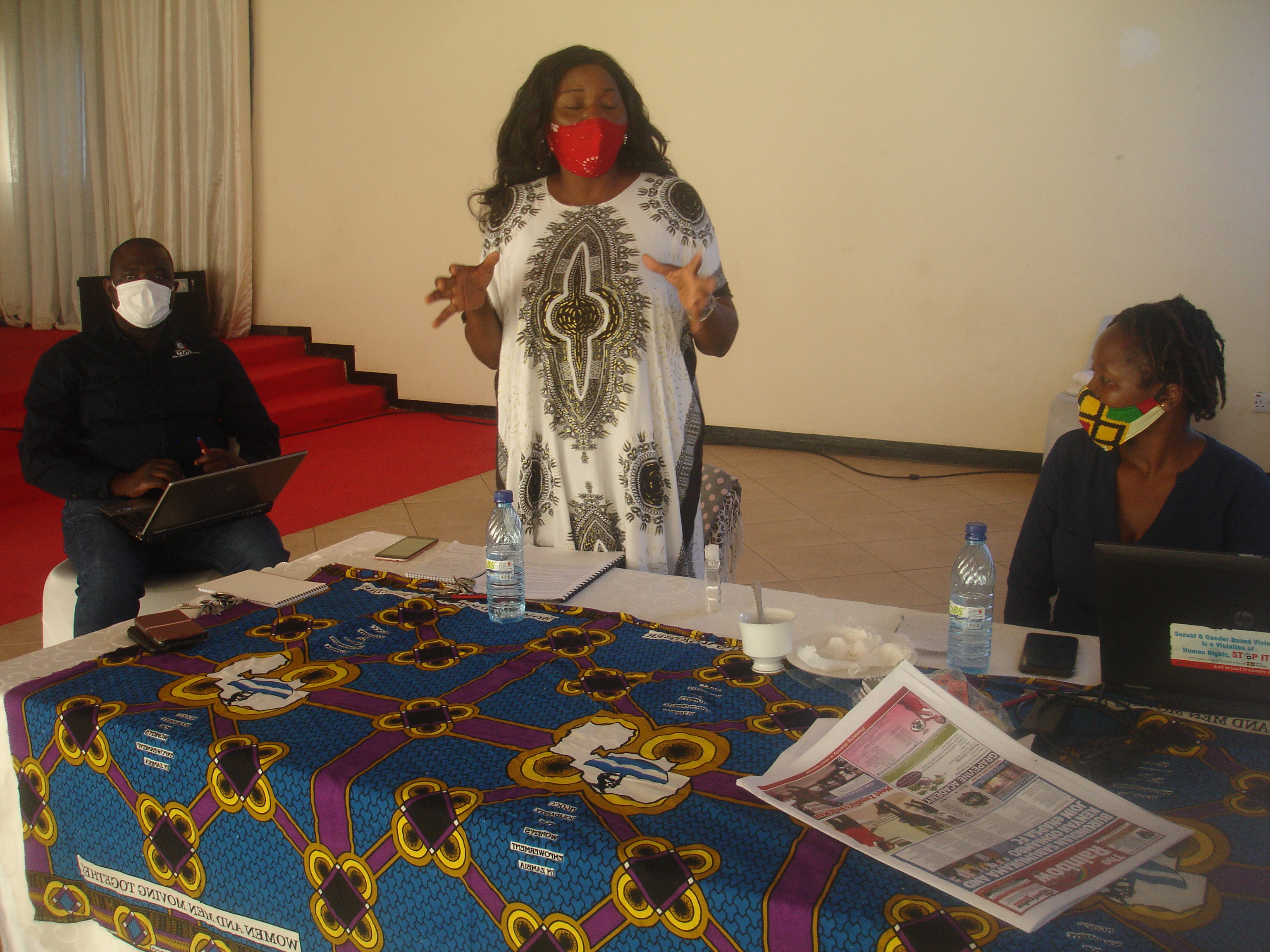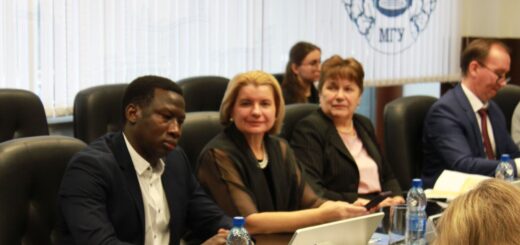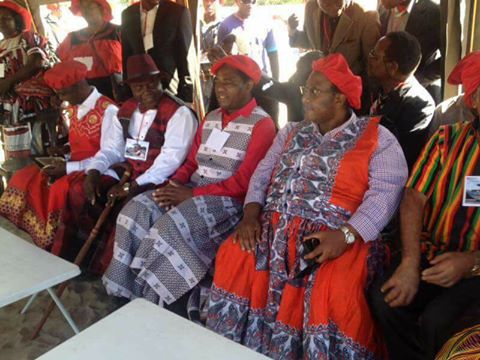2016 low female leaders worries ZARD’S Redges Mubiana …adoption structures seek sexual favours
Notice: Undefined index: catFilterList in /home/zambi/public_html/wp-content/plugins/wp-likes/api.php on line 243
By Ashton Kelly Bunda, Francis Mwiinga Maingaila and Derrick Sinjela
ZAMBIA Association of Research and Development (ZARD) Board Secretary Redges Mubiana has regretted the low participation of women in the 2016 presidential, parliamentary and local government elections.
Ms. Mubiana told journalists at a consultative meeting at Abundant Life Church on Roan Road, in Lusaka’s plush Kabulonga suburb attributed the low participation of media houses to insufficient information made available to newspapers, online publications, and radio and television channels.
Franked by ZARD Treasurer Joseph Daka and Programmes Manager, Febby Maambo, Ms. Mubiana cited lack of a legal frame work supporting women as a contributing factor to the low representation females in Zambia’s 1, 896 decision making positions, conceding that parliamentary competition is stiff as men outweigh the women at the adoption stage.
“Political violence and intimidation by male folk block women participation in active politics, just as financial challenges make the environment masculine as men have an upper hand in adoption as presidential, parliamentary and local government aspirants,” lamented Ms. Mubiana, explained that Zambia Association for Research and Development, Plot 16 Makishi Road, Northmead, Lusaka, is a non-profit, non-governmental organisation, founded in 1984, to uplift the status and position of women through action-oriented, participatory, gender-sensitive research; advocacy; networking and publishing.

ZARD Treasurer Joseph Daka, Board Secretary Redges Mubiana and Programmes Manager Febby Maambo 2016 Media Indaba Fri 22 January 2021 at Abundant Life Church, on Roan Road Kabulonga in Lusaka = Picture by Zambian Children Young People and Women in Development (ZCYPWD).
According to Ms. Mubiana, the noted imbalance can easily be overcome through speedy implementation of the proposed the possibility of having dedicated seats for women in parliament being reserved for females at competition stage.
“The Zambian Republican Constitution must have seats set aside for women to be competed among themselves so that whoever wins the seat, a female would have won irrespective of their political affiliation,” pleaded Ms. Mubiana regretting that men in most if not all political parties dominate the campaign speech making at rallies, confining the female colleagues to dancing and other menial chores, cleaning the stage and decorating.
In rare cases in which females excel, or won a seat at ward and parliamentary level, such a victory is time without number based on the popularity of a sponsoring political party and not how popular women contestants are.
“Sadly, I regret to note that media houses have no control over the adoption process and hence do have a voice of their own. In my view, media houses tend to follow adoption decisions of political parties. From inception, parties have negative attitude towards women, which is inimical to the Southern African Development Community (SADC) and African Union (AU) 50-50 equal gender decision positions participation threshold,” cried Ms. Mubiana with a prod toward females uniting regardless of political affiliation preferences.
Conceding that women are their own enemies, Ms. Mubiana argued that the negative characteristic can be reversed with education, urging females to continue lobby for equal representation in parliament.
“All political parties ought to make it an intra-party and inter-party mandate to have equal representation in parliament and local government structures. Female parliamentarians must not just sit in parliament or council chamber but courageously move a motion to adjust the patriarchal Zambian Republican Constitution,” prayed Ms. Mubiana, reiterating that as an affiliate to Non-governmental Gender Organisations Coordinating Council (NGOCC) ZARD is determined to empower vulnerable communities.
An hopeful Ms. Mubiana wants to see increased financial support to female politicians by people and organisations of goodwill as such a progressive undertaking will make women more active at intra-party, inter-party and in public offices
Both ZARD and media practitioners at the one day interactive session worried over a trend by male dominated intra-party structure to ask for ‘sex’ with potential female aspirants as a basis upon which to consider an application in the affirmative.























